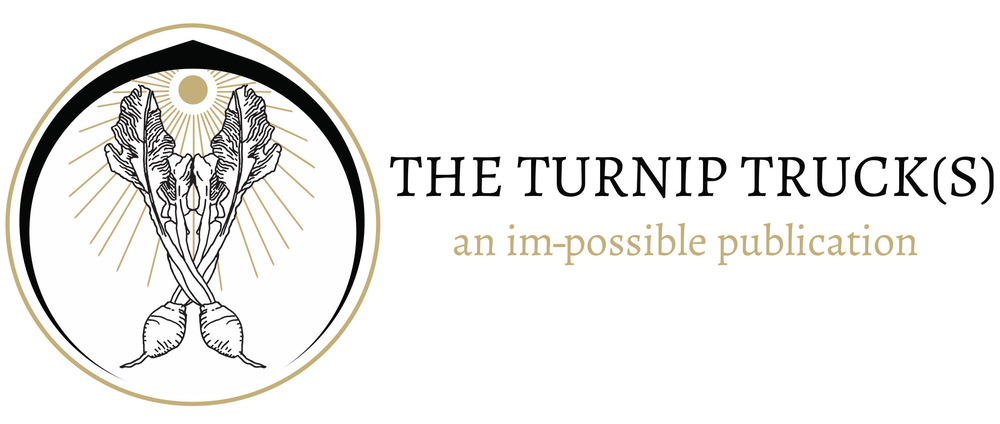By now most humans have at least heard of (usually through an epically boring HR training video) of encryption, the most used method of securing data when it is transmitted through digital networks. Encryption is basically the coding of a message to make it unintelligible to those without the code. It’s a system for facilitating secret information or for secretizing messages. Encryption is basically the art of cryptography, which has a long and stealthy history. The first use of the term cryptograph was in perhaps one of the first detective stories, Edgar Allan Poe’s “The Gold-Bug” (1843). But in fact, the art of cyphering or encoding secret messages, is as old as civilization. The first coded messages can be found in Mesopotamian tablets, and more mysteriously, in Egyptian tombs. The latter case is but the first of a long line of conflations between secret messages and messages from beyond, literally from beyond the crypt. The etymology is not coincidental.
Perhaps as an instance of humans’ obsession with the ultimate unknown, the ultimate secret, death itself, encrypting and cryptography, codes, have always been deeply related to messages from beyond, literally. The word crypt comes from the Greek kruptw, “to hide, cover, cloak,” and seems likely to be related to kleptw, “to steal, flinch, purloin.” The notion of hiding is transposed to the Latin crypta, “vault, or covering,” which develops into the word in medieval Latin for tomb, mausoleum, sepulcher, hence, crypt.
The code itself of a cryptogram was the cipher, which comes from the Arabic word for zero (from ṣafara, “to be empty”) and later the Latin cifra(“number or digit”). The code is, of course, the cryptographic algorithm which hides the secret. In medieval Europe, where there was no concept of zero, cipher came to mean simply concealment. When medieval Europeans could not understand someone’s speech, they would mutter “speak clearly and not as nonsensical as a cipher.”
In ancient Jewish texts, we also find many uses of the Hebrew words cypher (“book or storytelling”), and cipher (“counting”), with deep relations to the cryptic deciphering of the Kabbalah. These Hebrew terms are also related to the Greek zofoV(“darkness, west,” as in Zephyrus, “the west wind”). The west for many ancient cultures is synonymous with the land of the dead.
Humans of course always want it both ways. Obsessed with privacy and secrecy, in need of encryption and keychains so as to prevent unwanted eavesdropping on our precious data, modern secular humans are simultaneously obsessed with deciphering the secrets of the universe, the primordial search for the beyond, the great search for the sacred secret, now cloaked as the quest for scientific singularity, the code of everything. We will probably die looking.



